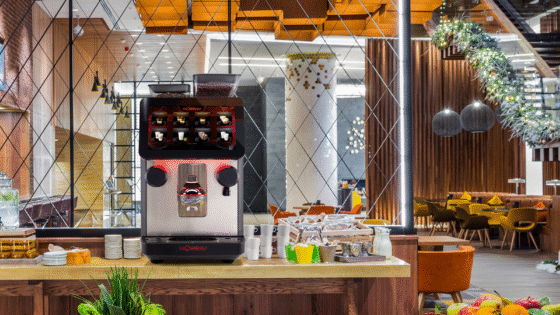We are living in an era in international hotel design where it pays to be social. To put social media under the spotlight, digital specialists in social media and web design at Arise explain how to use social media platforms effectively…
When it comes to generating sales for your hotel, direct bookings are often much more profitable and valuable in terms of returning customers than bookings made via Online Travel Agents (OTAs) such as Booking.com or Expedia. OTA commission rates seem to creep up each year, with some sites charging as much as 30 per cent in commission.
While third party booking sites have their uses, direct bookings are key for maximising your profits and giving your guests a taste of your establishment before they even arrive. Of course, driving your customers to book directly with you is easier said than done…
One of the most effective, but criminally underutilised tools you can use to drive new customers to your website is social media. We often find that the clients we work with are overwhelmed by the prospect of digital marketing, unaware of its potential or unable to devote the amount of time needed to launching and maintaining effective marketing campaigns.
“We managed to increase the revenue generated via their website by an incredible 823 per cent in just four years.”
To demonstrate just how powerful social media can be when used as a marketing tool for hotels, let’s take a look at Losehill House Hotel & Spa. Four years ago, this luxury hotel and spa located in the beautiful Derbyshire Peak District was not present on social media at all. They did have a website, but it was nowhere near the standard that guests could expect from such a high-end, reputable establishment. After creating a new website for the hotel, and giving them a presence on Twitter and Facebook, we managed to increase the revenue generated via their website by an incredible 823 per cent in just four years.
Social should reflect what makes you unique
Setting up social accounts and including a link to your website in your bio/about section is a first step, but this alone does not make up a social media strategy. Each hotel is different, and as such will need a unique approach to social media which not only reflects the hotel as a brand, but also achieves everything they want to in terms of sales and marketing. In the case of Losehill House, we focused our efforts on showing off the unique aspects of the hotel, spa and award winning restaurant, while trying to connect with customers looking to book imminently, and cultivating an audience of potential guests.
Getting potential guests onto your website can be something of an effort, but it’s one worth putting in. The ultimate aim of social media activity is getting the right people onto your website, and converting them into paying guests. Having high-quality and (most importantly) relevant content on your website is a key asset when piquing an audience’s interest, this content could include:
- Exploring the unique aspects of your establishment
- Information about the local area
- Exclusive offers
You’re adding value to the guest experience, you are developing your brand voice and you are giving people another reason to visit your website.
Advertising features are a powerful aspect of social media
Getting the type of customer you are looking for to click on your content is not easy without being able to manage your different social platforms’ built-in advertising functions. Having a social advertising budget is highly advisable, but depending on the size of your hotel, this doesn’t need to be large at all. Providing you have accurate targeting parameters, it’s not difficult to make the most out of a modest budget. Facebook and Instagram in particular allow for highly tailored adverts, enabling you to reach users with the same demographics as your ideal guests. If, for example, you are a luxury hotel , you can target users that have expressed an interest in specific luxury brands and destination travel, narrowing by age, location and profession. This power to put your hotel right in front of the eyes of the exact people you are looking to connect with should not be underestimated.
A strong social media presence allows you to build an audience, and keep them engaged with your brand. This has obvious benefits for new customers, but also helps you to develop a relationship with existing customers in order to capture repeat bookings. This is especially important for destination hotels or resorts, as guests are more likely to choose a hotel based on your brand, reputation, customer service and unique features. Different social channels allow you to work on all of these factors.
Having a clear strategy
Over the past five years we’ve discovered that in this industry a clearly defined social media strategy, when carried out consistently, pays real dividends. If you’re conspicuously absent from social platforms then it’s not too late to jump on the bandwagon, or if you are already on social then make sure you have confidence in your social media strategy and the resource to put (and keep) it in place – this way you’ll be on the path to freedom from unnecessary OTA commission and able to reap the benefits of an engaged social media audience.
Main image credit: Arise/Shutterstock





